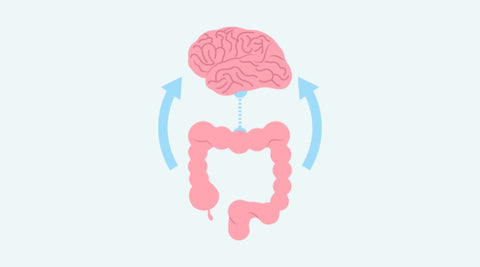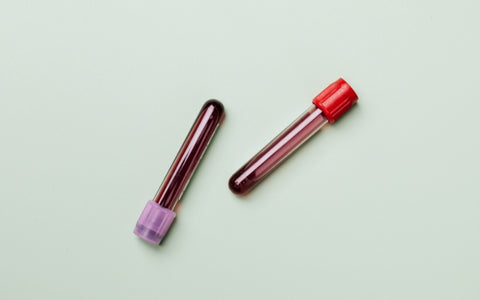We all have Candida, a type of yeast that naturally exists in and on our bodies. In normal amounts, it’s harmless, but when it overgrows, it can lead to various health problems for both men and women.
So what causes candida overgrowth?
Candida spreads quickly, so it’s important to recognise the signs early and act before it leads to more serious health issues. This yeast naturally exists in the body, but when it multiplies out of control, it can cause a wide range of uncomfortable symptoms, from digestive issues to brain fog and fatigue.
Several factors can contribute to Candida overgrowth, including:
-
High sugar and refined carb intake. Candida thrives on sugar, and a diet rich in sweets, processed foods, and refined carbohydrates can fuel its growth.
-
Excess alcohol consumption. Alcohol disrupts gut bacteria balance, weakening the body’s ability to keep Candida in check.
-
Frequent antibiotic use. While antibiotics fight harmful bacteria, they also kill beneficial gut bacteria, creating the perfect environment for Candida to flourish.
-
Oral contraceptives. Birth control pills may alter hormone levels and gut flora, increasing susceptibility to Candida overgrowth.
-
Diabetes. High blood sugar levels provide an ideal food source for Candida, making those with diabetes more prone to infections.
-
Chronic stress. Stress weakens the immune system and disrupts gut health, making it harder for the body to control Candida.
-
Weakened immune system. Conditions that suppress the immune system, such as autoimmune diseases or chronic illnesses, can make it easier for Candida to take over.
What are the symptoms of candida overgrowth?
Candida overgrowth releases toxins like ammonia, uric acid, and acetaldehyde into the bloodstream. These can cause a range of physical and mental symptoms that won’t go away until the root cause in the gut is addressed. Symptoms vary depending on where the overgrowth occurs, but common signs include:
- White, bumpy patches in the mouth or throat
- Pain when swallowing
- Itching or discomfort
- Painful urination
- Discomfort during sex
- Skin irritations
- Joint pain
- Fatigue
- Brain fog
- Frequent urinary tract infections
- Digestive issues like constipation, diarrhea, nausea, and bloating
How coffee enemas can help with candida
Managing Candida typically involves dietary changes, probiotics, and cleansing methods like colonics and coffee enemas to restore gut balance. A healthy digestive system relies on a good balance of gut bacteria, but Candida overgrowth disrupts this, leading to bloating, constipation, diarrhea, gas, cramping, and even sugar cravings.
Coffee enemas offer powerful benefits for detoxification and gut health. During the process, caffeine is absorbed into the bloodstream through the rectal veins and travels directly to the liver via the portal vein, bypassing digestion. This stimulates bile flow, helps flush toxins, and increases the liver’s production of glutathione, a crucial antioxidant.
Coffee enemas plays a key role in fighting Candida by not only helping to remove it but also by helping our bodies in reducing oxidative stress and supporting the immune system.
To further support a Candida detox, we recommend our Happy Bum Gut Scrub, made from 100% Diatomaceous Earth. It acts as a natural binder, helping to remove toxins, minimise bloating, and reduce symptoms of Candida die-off. Think of it as an exfoliation for your insides!
Start your detox today with coffee enemas. We've created a Beginners Bundle with everything you need to get started.
Happy detoxing x






Comments (0)
There are no comments for this article. Be the first one to leave a message!